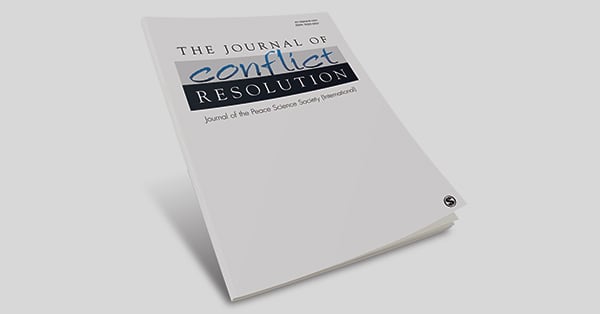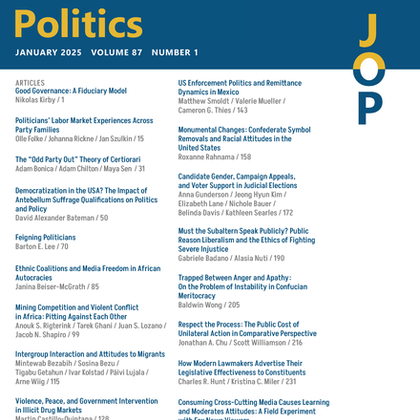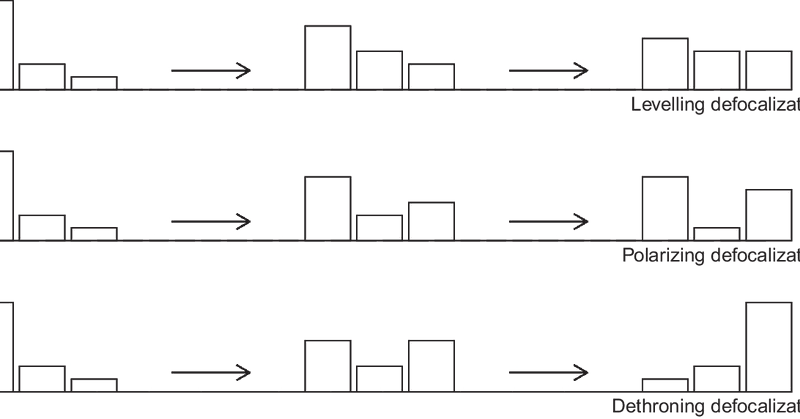
Umut Yüksel
@umuttolo
Followers
489
Following
805
Media
7
Statuses
196
Maximalism, domestic politics, international law | Marie Skłodowska-Curie postdoctoral fellow @PolitiquesUPF
Barcelona
Joined October 2019
Excited to share my article, now out in the Journal of Conflict Resolution! 🎉 I explore how international lawmaking can sometimes contribute to generating new disputes rather than help prevent them. Available OPEN ACCESS here: A thread 🧵1/9.
journals.sagepub.com
The making of international law through multilateral conventions and adjudication often leads to periods of legal uncertainty, times in which there are alternat...
4
4
29
RT @OZarpli: 🚨In a new paper with great @menevisc & @efetokdemir, we find that sanction threats--even when credibly backed--do not increase….
0
14
0
RT @AndiCJoe: My paper with Hein Goemans and @miweintraub83 is officially “just accepted” at @The_JOP! See what prospect theory can (and ca….
journals.uchicago.edu
0
18
0
RT @DreherAxel: Check out the papers of the 17th PEIO (@The_PEIO , Harvard University, Jan 23-25) at Please save t….
0
10
0
My focus is maritime boundary-making, an area that witnessed important lawmaking activity. In recent research w/ @ezgiyyildiz (, we show that instead of unifying state practice over delimitation, key ICJ decisions introduced more diversity into them. 5/9.
link.springer.com
The Review of International Organizations - Can international courts influence state policies and facilitate interstate cooperation? Existing literature argues that they can. Courts can make...
1
0
2
RT @a_vranceanu: New publication out @WEPsocial ! . I use a mix of research designs and data to study whether voters polarize in response t….
0
17
0
RT @tonirodon: 🎉We are excited to host the next edition of the European Graduate Network Conference @PolitiquesUPF .
0
24
0
RT @charlesbroger: 📨Two weeks left to submit abstracts for the upcoming Barcelona Workshop on Global Governance. Don't miss out! For all….
0
31
0
RT @GVAGrad: How does #InternationalLaw change & adapt to meet global challenges in a volatile social & political context?.@ezgiyyildiz & @….
0
15
0
RT @efetokdemir: My department @BilkentIRDept is hiring! If you are at the @isanet Convention and would like to chat about it, feel free to….
0
12
0








